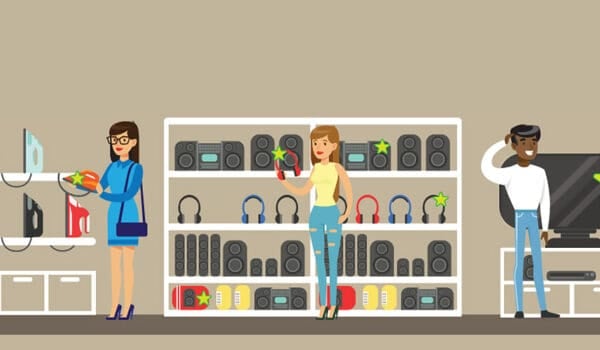Efficient Recycling of E-Waste through Automated and Intelligent Resource Dataflow
Alternativ tittel: Effektiv resirkulering av ee-avfall gjennom automatisert og intelligent ressurs dataflyt
The rapid technological advances with increasing application of ICT have accelerated the generation of electronic waste (e-waste). In addition, the green transition objectives under the European Green Deal advocates the utilization of renewable technologies and digital infrastructures, which will continue to increase the demand for critical raw materials, especially rare-earth elements.
Inefficient waste management systems are identified as one of the most challenging barriers in the transition to a sustainable and circular economy (CE). The lack of high-quality data from various stakeholders at the national and international levels along with the heterogeneous nature of e-waste makes the challenge of regulating and supporting e-waste management systems a daunting task for the authorities. In addition, insufficient information about the quantity of e-waste, diversity of products, and resources quality have created multi-dimensional e-waste management challenges for authorities at the local, national, and international levels.
We propose REWARD, an integrated information infrastructure, that aims at systematically identifying reusable and recyclable materials in e-waste products while determining the associated social, environmental, and economic (SEE) dimensions of circularity interventions. In REWARD, the data on e-waste generation and e-waste resources, along with SEE parameters will be fed to the integrated information infrastructure to facilitate automated data sharing and identifying optimal e-waste resources recycling options among e-waste actors. In addition, REWARD provides predictive resource planning and policy recommendations for the improvement of e-waste resource recovery in the future.
The project REWARD addresses the following thematic priorities:
- resource-efficient ways of covering consumer needs
- increased material recycling and use of recycled materials
- identifying barriers and solutions to circular business models and value chain
